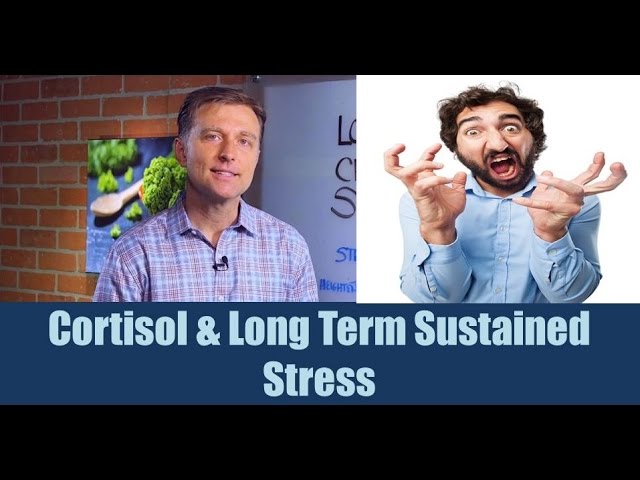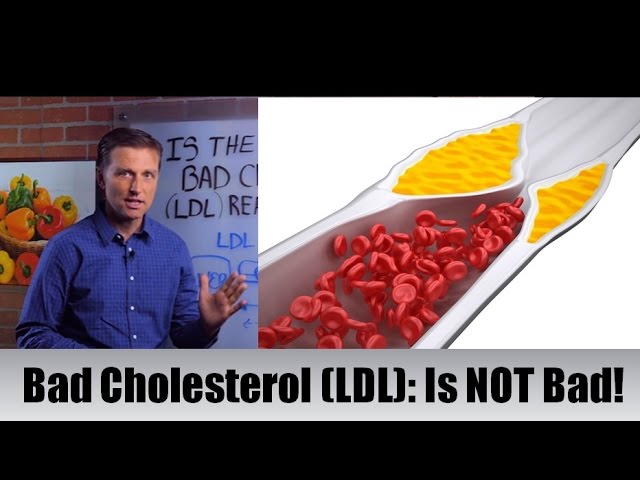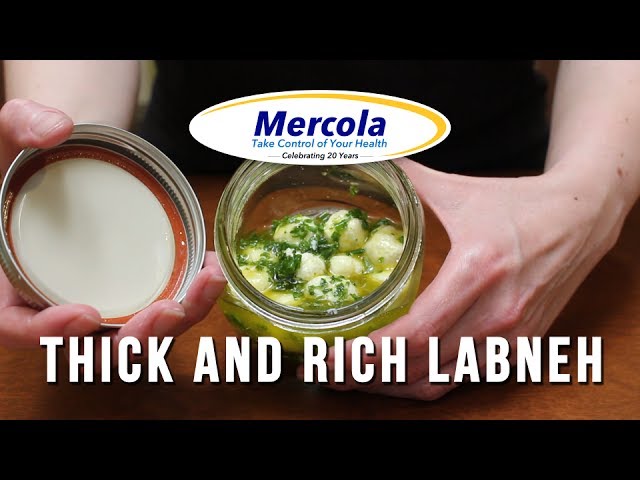You may have noticed that there are enough diet books in bookstores to fill a library. Some are emphatic and say to avoid fruit, while others proclaim that fruits are vital for good health. Which one is best for you?
Of course, most foods are to be eaten in moderation and that includes the tropical fruit, papaya. Researchers have discovered there’s much more to a papaya than its sweet taste; it’s a treasure chest full of valuable nutrients that’s longing to be unlocked. Dig into the luscious fruit and a host of seeds almost seem to bubble up from a spring. These value-packed seeds are enriched with a host of compounds, protein, calcium, magnesium and phosphorus. These black morsels are powerhouses of enzymes that are a natural remedy for promoting digestive health, destroying parasites, battling cancer, relieving inflammation, and detoxifying the liver.
In today’s video, we’ll examine the benefits of adding papaya to your diet.
1. Improves Digestive Health
2. Prevents Cancer
3. Fights Intestinal Parasites
4. Reduces Inflammation
5. Detoxifies the Liver
As tasty as papaya seeds are, they are to be consumed moderately. The reason? They are packed full of antibacterial properties which could contribute to diarrhea.
Just be careful to limit your daily intake to 2 tablespoons of papaya seeds max. And that’s in any form. It may be better to begin with a tiny amount then you can gradually increase the amount up to 2 tablespoons.
Papaya seeds are another way Mother Nature uses as a form of contraceptive. If you’re anxious to conceive, avoid papaya seeds completely. And those who are pregnant should not eat the seeds or the fruit. The same holds true for anyone with latex or papain allergies.
Disclaimer: The materials and the information contained on Natural Cures channel are provided for general and educational purposes only and do not constitute any legal, medical or other professional advice on any subject matter. None of the information on our videos is a substitute for a diagnosis and treatment by your health professional. Always seek the advice of your physician or other qualified health provider prior to starting any new diet or treatment and with any questions you may have regarding a medical condition. If you have or suspect that you have a medical problem, promptly contact your health care provider.
Images licensed under CC:
www.pixabay.com
www.flickr.com
www.pexels.com
en.wikipedia.org
commons.wikimedia.org
www.publicdomainpictures.net
Some images downloaded from shutterstock.com.




















